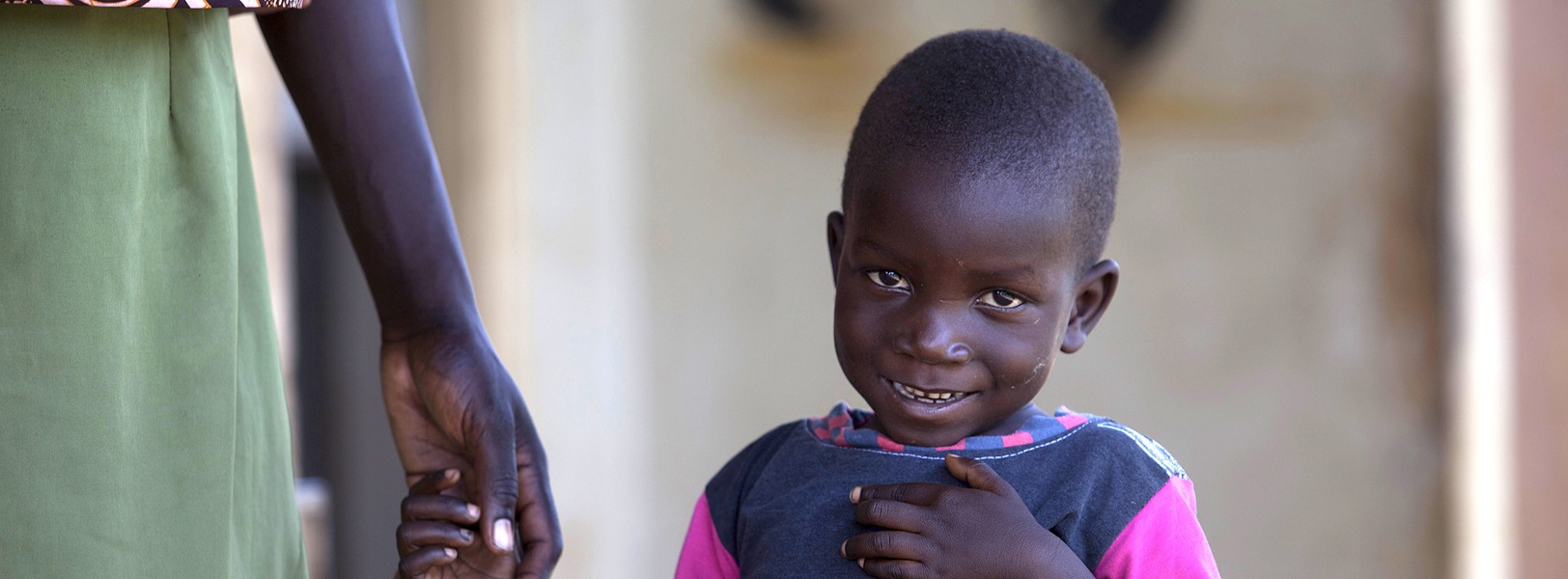Multisectoral collaboration is key in light of the challenges faced in malaria control and elimination including insecticide and drug resistance, mobility of populations, climate change and funding shortfalls. To end malaria for good, we need concerted action of stakeholders across different sectors beyond the health sector.
Objectives
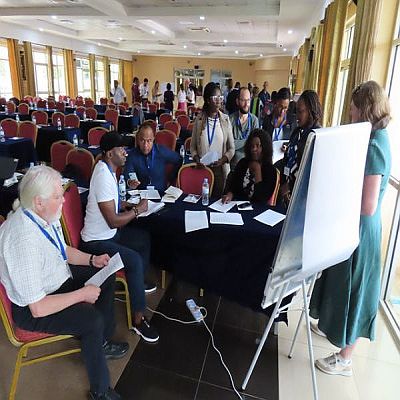
Structure
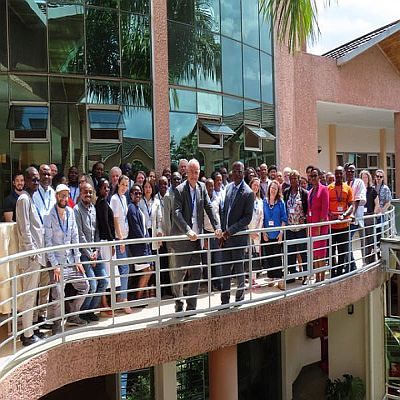
Workstreams
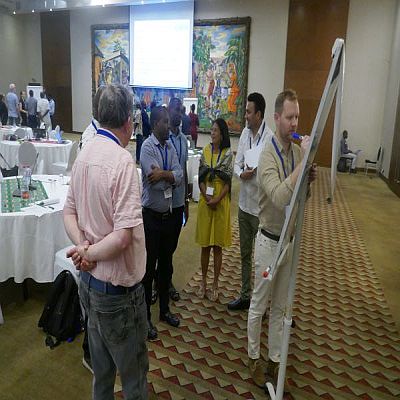
Meetings
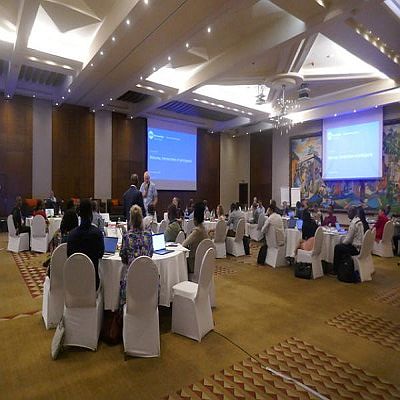
News
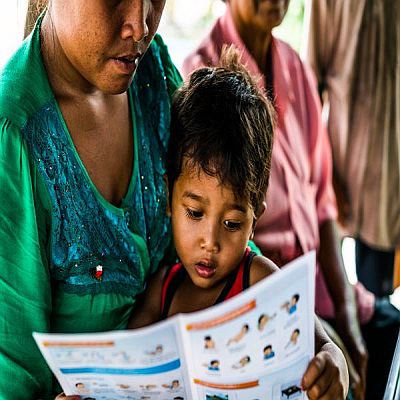
Resources
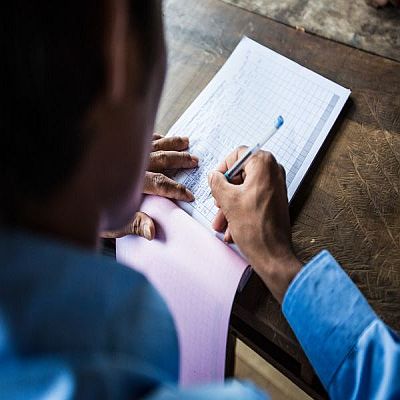
Co-chairs:
 |  |
UN-Habitat, Switzerland | Ministry of Health/ WHO, Uganda |
Secretariat
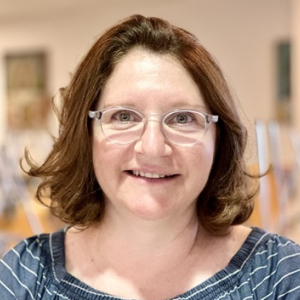 | |
Swiss TPH, Switzerland |
|
